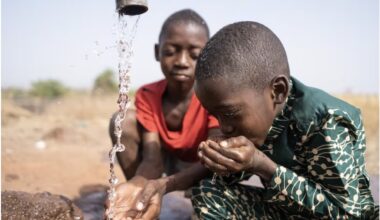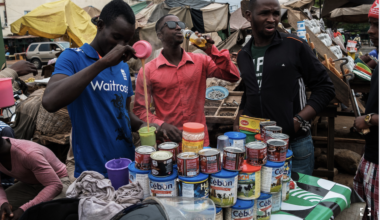By Jacob Waiswa Buganga
Over the last two decades, mental health perspectives have been evolving from predominantly western perspective to very strong indigenous approach (es) to care. Indigenous mental health involves appropriate and contextually sensitive, eco-friendly, moral, emotional, physical, and socio-economic and political changes to support adaptation and resilience building against adversity and a return to acceptable states of wellbeing of individuals, families, groups, institutions, and communities, and vice-versa.
Although tremendous works are vivid in Southern African region following the development of a curriculum and policy to guide related practices to benefit the region, the author dwells on experiences of mental health development in East Africa. I presented this perspective in the book, “the intricate road to development: Government development strategies in pastoral areas of the Horn of Africa.”Related studies have shown that using indigenous knowledge system, as avenue for transforming societies, was organic and most enduring. This resonates well with the findings by Psychiatrist Fred Kigozi, who found natural faith in services offered by traditional healers in Uganda, accounting for 90 percent of the general population.
Mental health issues are disregarded in development of institutional frameworks for delivering services to grassroots populace. However, their operationalization within the mainstream traditional belief systems remains strong, handy, hyper sound, and most trusted sources of healing.
In 2014, a study conducted by the author found strong recovery-promotion influence of immediate family members, peers, and church gatherings, through their sustained support; sense of belonging, unconditional acceptable, listening ‘ear’, assimilation of traumatic experience, keeping close to supportive social entities and, together, focusing on working for a better future based on reality, helped victims of terror attacks come to come to terms with trauma, develop resilience, and function well through contradictions of their current lives, past traumas, and uncertain future.
This article contributes to harmonization of contradiction between approaches to care through multidisciplinary interactions, collaborative research, and practices to classify methods of managing specific sets of mental health challenges within the local context, and bolster sustained recovery from mental illnesses and sustainable wellbeing in East Africa.
The synthesis and analysis rely on the above experiences and lessons from local and regional conferences on psychological trauma and healing between 2010 and 2014 in Nairobi, Kenya (2), Kampala, and Uganda (2), including workshop on spiritual healing showed efficacy in using psychosocial, cross-cultural, and case-specific interventions in management of psychological trauma overtime. Observations showed that reconnecting with the past, reconciliation, and harmonization of defects based on reality principle along social paths corrected negative perceptions, cognitive and physical health disorders, facilitated rebuilding of new healthy social interconnectedness and positive senses of the world.
The return to harmonized relationship between individual and his social and biophysical environment gave way to acceptance behaviors, improved livelihoods, improved existing positive relations, and boosted development of new ones that positively contributed to personal wellbeing. Wellness was the sum of mental (historical recollections), physical, social (family and society), economic, environmental, and religio-cultural wellbeing.
Restructuring of trauma-predisposing structure that was responsible for persisting vulnerabilities and recurrence of trauma experiences. Improvement of existing responses, especially those that that caused immediate relief, by furthering recovery and reducing relapses towards sustainable wellbeing. The study concludes that traditional perspectives to care are prominent in constructing and un-constructing mental disorders, improving mental healthcare, and support recovery on long-term basis.
A balanced mental health infrastructure that aligns wellness facets listed above (e.g., social) for long-term care, sustained recovery, and wellbeing remain the greatest gap in indigenous mental health approaches to care. This study suggests tolerance to indigenous perspectives to sustaining mental health, classification of methods and specific ailments they remedy, formalization of indigenous therapeutic procedures, and continuous studies on new trends in indigenous mental healthcare.






